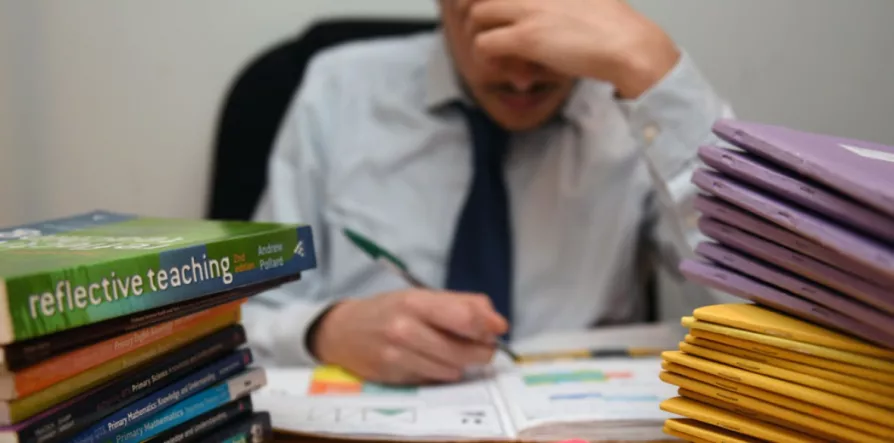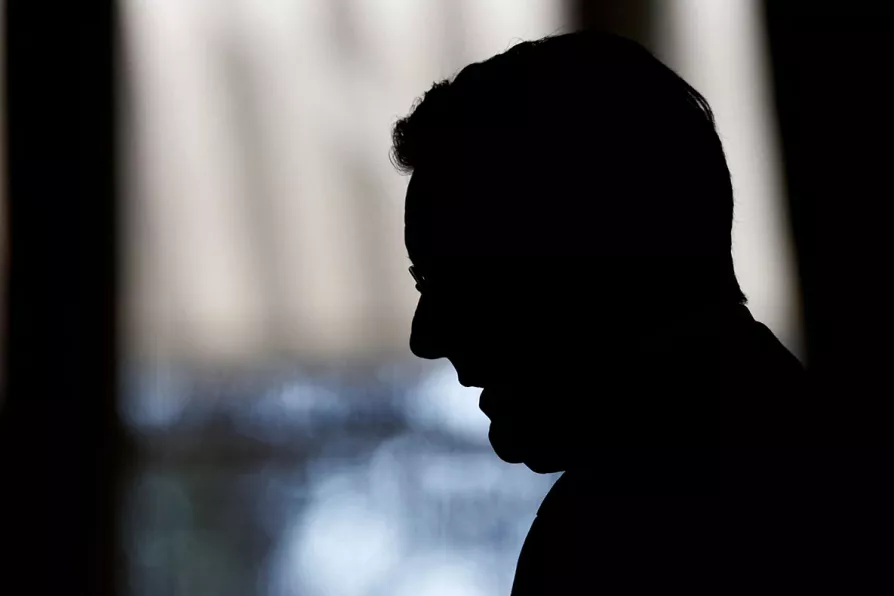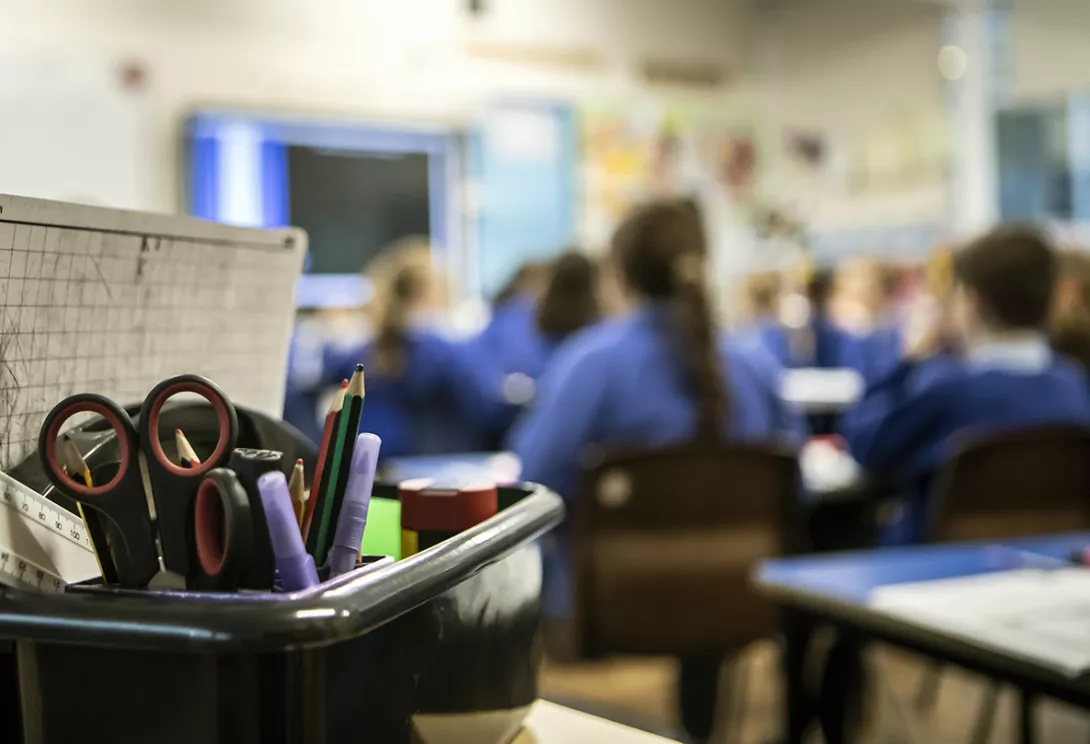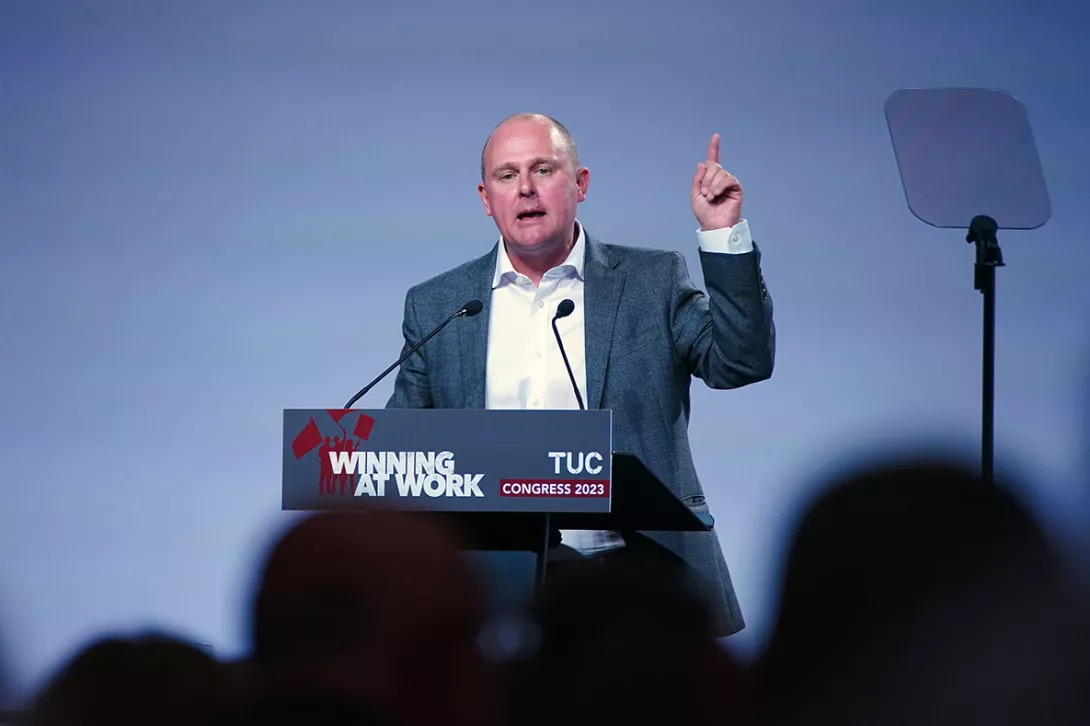Six-fold rise in teacher vacancies under Tories, TUC analysis shows

TEACHER vacancy rates have risen in nearly nine in 10 local authorities in England since 2010, new TUC analysis reveals.
Official data shows the total has risen nearly six-fold, with 2,100 teacher vacancies in November 2023 — compared with just 355 in November 2010.
The analysis found that south-east and east England are the worst-affected regions.
More from this author

Government must take action, union warns: ‘We can’t go on with billionaires getting ever richer whilst working people suffer’


 Latest editorial
Latest editorial













